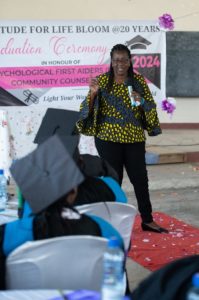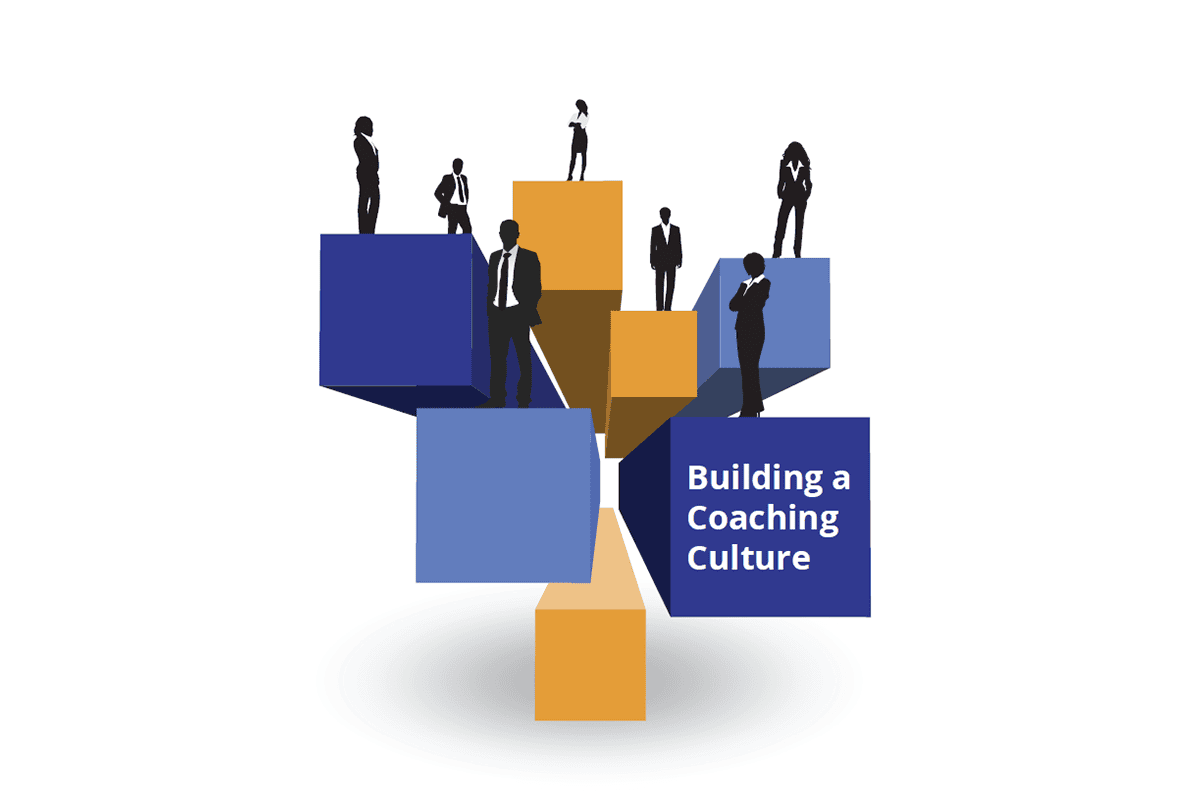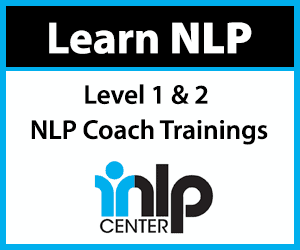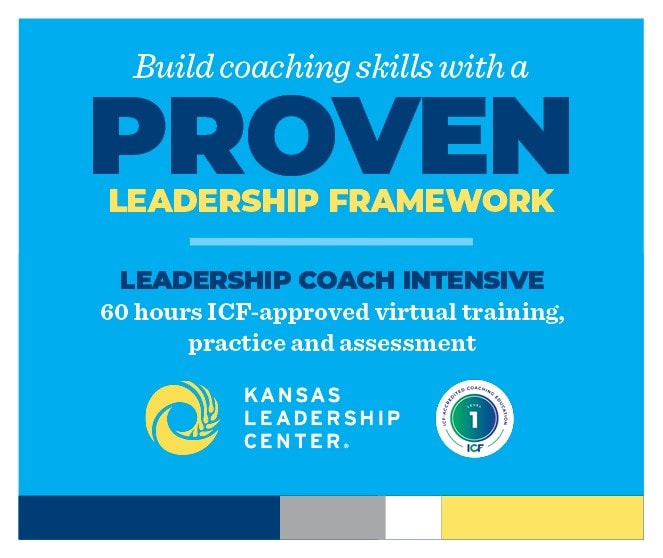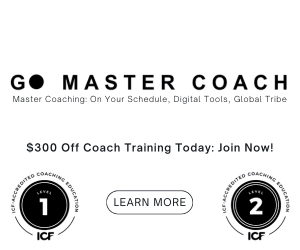Featured Post
Explore the Latest Posts
Search
Topic
Post Type
Audience Type
Author
How Digital Coaches Can Overcome Revenue Barriers and Boost Sales
As a digital coach or course creator, your goal is to transform…
What You Need to Know About the 2025 ICF Code of Ethics
An updated ICF Code of Ethics went into effect on April 1.…
A Beacon of Light: Igniting Transformation Amid Upheaval
ICF Delhi’s transformational partnership with Save the Children India demonstrated the immense…
Life Bloom Sprouts Change and Success through Coaching for Grassroots Community Leaders
As a high school principal in Kenya in the early 2000s, Catherine…
Connecting Across Cultures in Remote Communities with the Power of Books
Dr. Seuss once wrote, “The more that you read, the more things…
The Role of Coaching in Gaining Career Clarity
Starting a new career path can be a challenging journey, especially for…
Changing With the Seasons: Maintaining Energy at Work
As a wellness coach, I’ve noticed many of us feel re-energized as…
Inclusive Communication in Coaching: Supporting Neurodivergent Clients
Over the last few years, there have been significant and notable shifts…
How Senior Manager Buy-In Drives Coaching Success: A Personal Experience
Throughout my career working with various managers, one crucial insight has consistently…
5 Proven Strategies to Land Your Next Coaching Gig
More than seven years ago, I put up my coach profile on…
Measuring the ROI of Coaching: A Pragmatic Approach for Coaches
In a world where remote or hybrid workforces, evolving employee needs, and…
Coaching With Trauma Awareness
After transitioning from my former career practicing emergency medicine, I quickly learned…
Mental Well-Being in Coaching: Insights, Strategies, and Practical Takeaways
Anxiety, depression, imposter syndrome, and feelings of overwhelm are common issues affecting…
Ancient Answers: Socratic Dialogue’s Role in Executive Coaching
We can all enhance our coaching by discovering the time-honored practices of…
History: 2012-2014: Elevating the Coaching Profession
In 2012, ICF set membership eligibility standards to elevate coaching credibility and…






